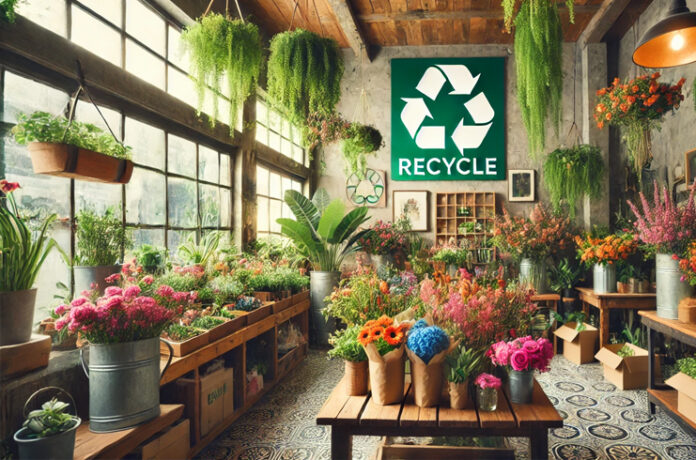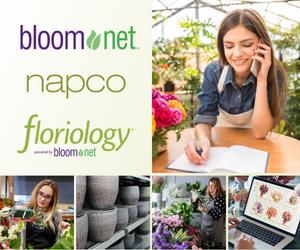Sustainability is no longer just a buzzword; it has evolved into a lifestyle that shapes consumer behavior. With growing awareness about environmental issues, consumers are increasingly prioritizing sustainability when choosing how and where to spend their money. In the floral industry specifically, this impacts more than just the bottom line; sourcing decisions, brand marketing, and more are affected by customer purchasing decisions. This shift is compelling floral businesses to adopt sustainable practices not only to meet consumer demands but also to ensure long-term profitability and relevance in the market.
Below are ways in which sustainability is influencing your consumers’ purchasing decisions:
1. Increased Awareness and Education | Many people are now more informed and concerned about environmental issues. Climate change, pollution, resource depletion—these are all topics at the forefront of public consciousness. Access to information through social media has heightened awareness about the environmental impact of consumer choices, especially for the younger audience. This means consumers are more educated about subjects such as pesticides on flowers, using harmful chemicals to preserve flowers, and more.
2. Health and Ethical Concerns | Sustainability is often linked to healthier lifestyle choices. Consumers are increasingly seeking products that are organic, free from harmful chemicals, and ethnically sourced. This trend is particularly important for florists because customers want to know not only where their flowers came from but also if they are ethically grown and sourced. Some are also even willing to pay a premium for florists whose work aligns with their values.
3. Social Influence | The world is now indoctrinated to getting content and media digitally, and that concept isn’t going anywhere anytime soon. Social media platforms have amplified the reach and impact of sustainable choices. Users from around the world share their sustainable practices and purchases, creating a ripple effect that encourages others to follow suit. This peer influence significantly shapes consumer behavior and promotes the adoption of sustainable products, such as flowers.
Being part of a community that values sustainability can create positive influences, encouraging individuals to make more environmentally friendly choices. This collective effort can lead to significant shifts in consumer behavior on a larger scale. People are now more than ever willing to participate in programs for returning containers for their flower arrangements to be used again, recycling materials properly, and even donating their blooms once they’re done with them; sharing these practices across social media builds community.
Even more important: Consumers love brand loyalty, and want to give both their money and promotion to businesses that align with their values. They’ll choose who they want to work with based on their preferences, so marketing sustainable practices on social media or promoting them through email campaigns will bring in repeat customers who know your values align with theirs.
Fundamental Change
Shifting toward sustainability is a consumer behavior driven by a variety of influences. Businesses that embrace sustainable practices are likely going to gain a competitive edge, ensuring their long-term success in an increasingly environmentally conscious market. By prioritizing sustainability, companies can meet consumer demands, build brand loyalty, and contribute to a healthier planet.

Robin McLaughlin
Robin is a managing editor and writer for Floriology




